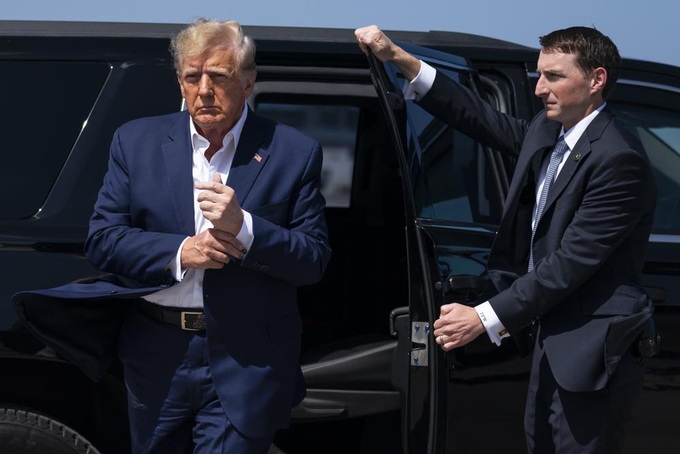
Mr. Trump boards a plane at West Palm Beach International Airport to attend a campaign rally in Waco, Texas on March 25 (Photo: AP).
Donald Trump on April 4 became the first former US president to be indicted in a criminal case following a grand jury investigation into hush money payments allegedly made on his behalf during the 2016 presidential campaign.
In the Manhattan Criminal Courtroom, the indictment against the former President was announced, in which Mr. Trump was proposed to be prosecuted on 34 counts. All of the crimes that former President Trump was proposed to be prosecuted for were related to "falsifying business records".
In fact, a grand jury has spent weeks meeting behind closed doors to investigate Mr. Trump’s role in a $130,000 payment made in 2016 to former porn star Stormy Daniels to prevent her from going public with an affair she said she had with Mr. Trump years earlier.
Trump's lawyer Michael Cohen reportedly paid Daniels through a shell company before being reimbursed by Trump. Trump's company, the Trump Organization, listed the payment as "legal fees." Daniels also said she received $130,000 before the 2016 presidential election to keep the affair quiet.
Also in 2016, Mr. Cohen arranged a "hush money" payment for former Playboy model Karen McDougal when it was reported that she had an affair with Mr. Trump.
McDougal said she sold her story to American Media Inc. (AMI) for $150,000, but it was never made public, possibly due to some effort to prevent the story from being published, which could have been damaging to someone’s reputation.
However, Mr. Trump denied having sexual relations with the two women. Meanwhile, Mr. Cohen pleaded guilty to violating federal campaign finance laws related to the payments and was sentenced to three years in prison in a federal court in New York.
Federal prosecutors say the payments were illegal, illegally supporting Mr Trump's campaign.
The unprecedented indictment comes as Trump, a Republican, faces other legal investigations and is seeking to re-enter the White House in 2024. The investigations into him could reshape the presidential race.
The impeachment is a major test for Republicans, who are already divided over whether to support Trump next year, and a test for the country's democracy, experts say.
But the New York lawsuit is just one of many legal troubles facing Trump. The Justice Department is also investigating whether he stored top secret government documents at his Mar-a-Lago estate in Florida after leaving the White House. Federal investigators are also looking into the January 6, 2021, riot at the Capitol by Trump supporters and his efforts to overturn the 2020 election. In Georgia, Trump and his allies are also being investigated for illegal interference in the 2020 election.
Boundaries broken?
For more than two centuries, US presidents have been effectively shielded from any criminal charges. But the impeachment of former President Trump appears to have broken that taboo and set a new precedent.
In fact, many unimaginable things have happened for the first time since Mr. Trump became the owner of the White House in 2016. Many boundaries have been crossed, many unimaginable events have shocked the world to the point that it seems that now there is not much surprise when news of Mr. Trump being prosecuted.
Throughout American history, presidents have been honored, even those embroiled in scandal, with immunity from prosecution while in office and afterward.
No sitting or former U.S. president has ever been criminally prosecuted. In U.S. history, only a handful of presidents have worried about being prosecuted after their term in office. Former President Richard M. Nixon was pardoned by his successor, Gerald R. Ford, a month after his resignation, sparing him from prosecution in the Watergate scandal.
Former President Bill Clinton reached a deal with prosecutors on his last day in office in which he admitted to lying about his relationship with White House intern Monica S. Lewinsky. Bill Clinton then surrendered his law license for five years and paid a $25,000 fine in exchange for not facing criminal charges.
That taboo has now been broken and a new precedent appears to have been set. And many question whether the case will divide the country as some fear putting a former president on trial would? Will the move be seen by many at home and abroad as justice being done?
Whatever the indictment, it crosses a major line in American politics and legal history, said Professor Jack L. Goldsmith, a former top Justice Department official under President George W. Bush.
So while the case is not enough to shake the nation, it would mark the first time it has happened and probably not the last. Mr Trump could face a second indictment in Georgia and a third from federal prosecutors.
Mr. Michael J. Gerhardt, professor of constitutional law at the University of North Carolina, said that no matter how it is understood, it is clear that under the provisions of the US Constitution, no former president is exempt from criminal liability.
Meanwhile, Mr Trump's allies have branded the Manhattan prosecution a "political conspiracy" and claimed the prosecution was illegitimate because it was brought by a Democrat.
House Judiciary Committee Chairman Jim Jordan called the Manhattan investigation “a hoax” and questioned whether the federal government was funding it. “We do not believe that Mr. Trump violated the law,” Jordan said.
Source


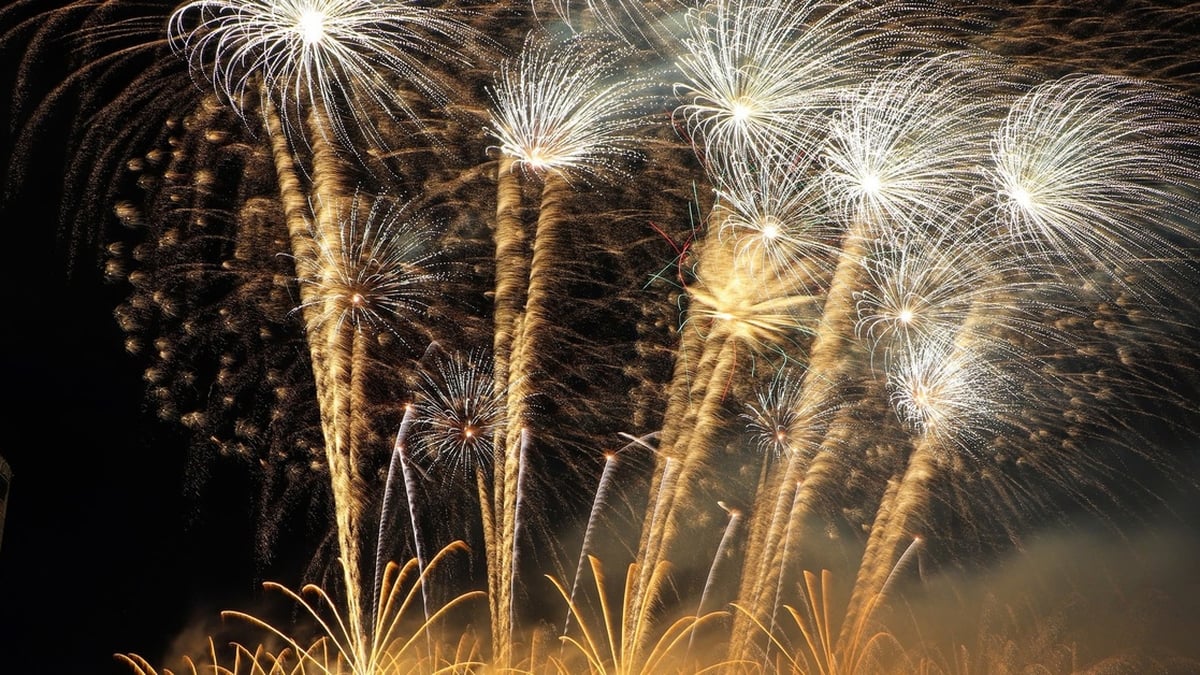


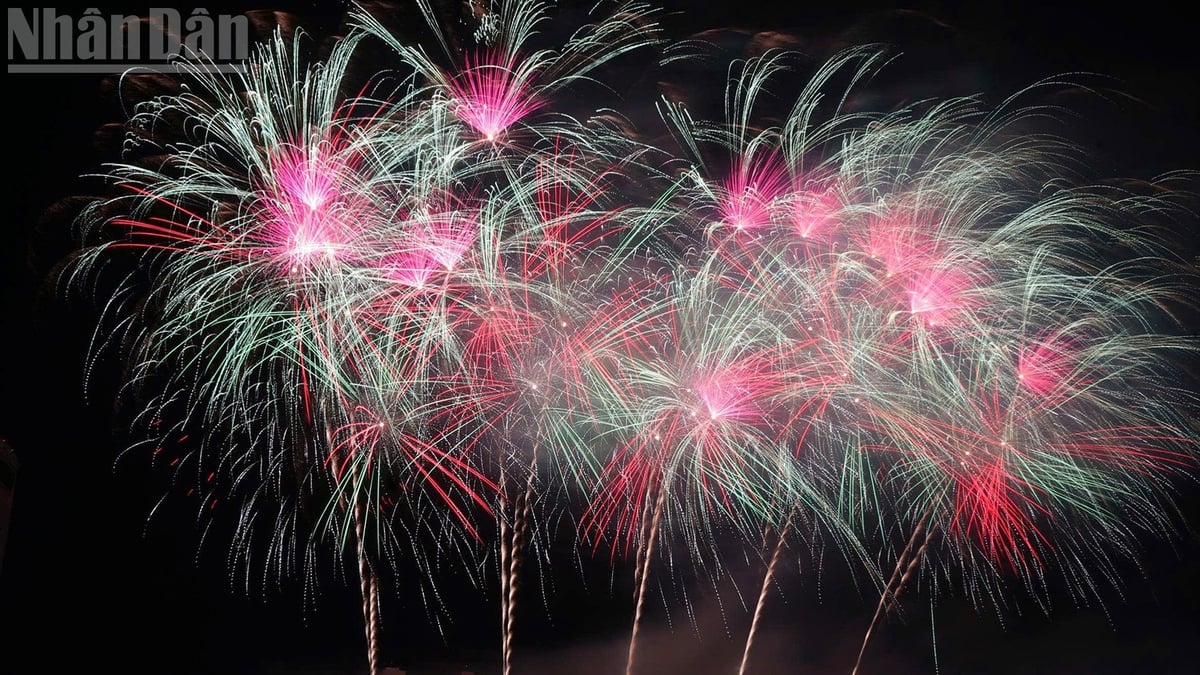


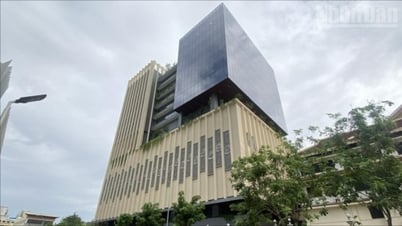


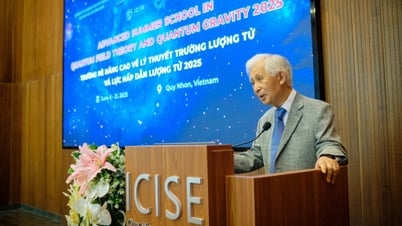











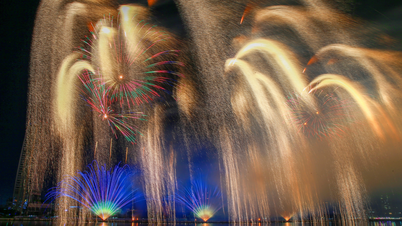




















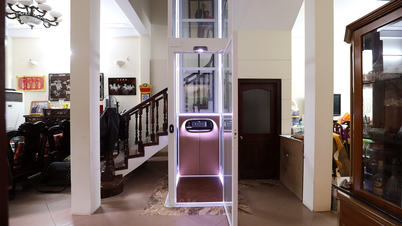





















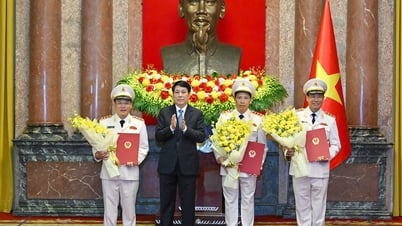


























Comment (0)